
What Size Generator Do You Need to Run an RV Air Conditioner?
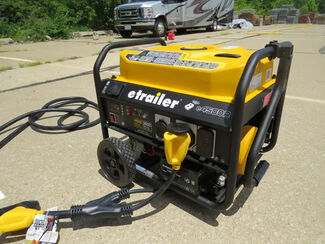
How Many Watts Does an RV AC Use?
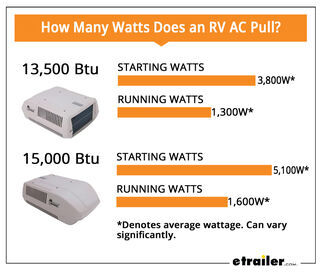
Calculating Generator Requirements to Run Your AC
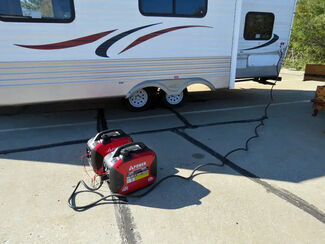
Which Generator Will Run My RV Air Conditioner?
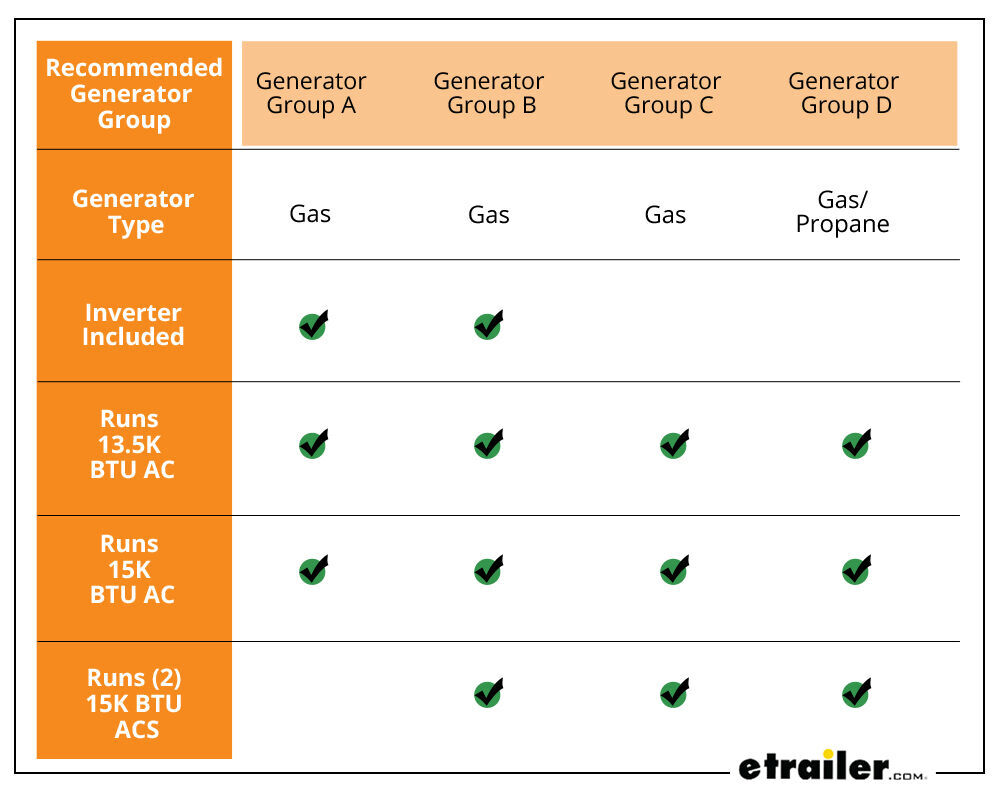
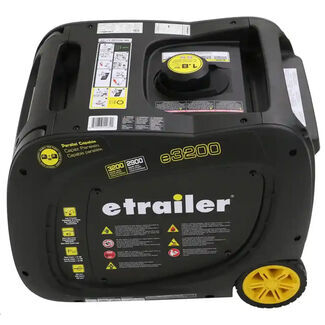
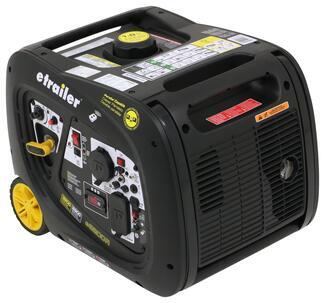
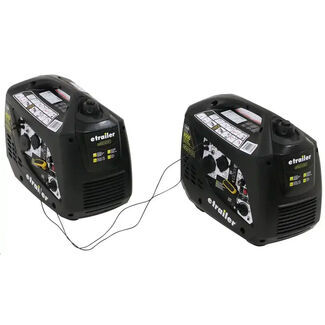
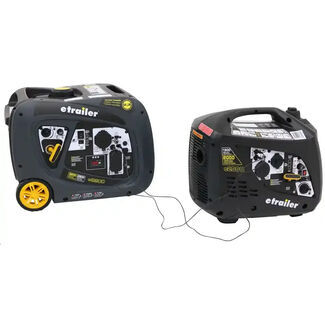
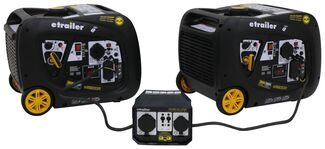

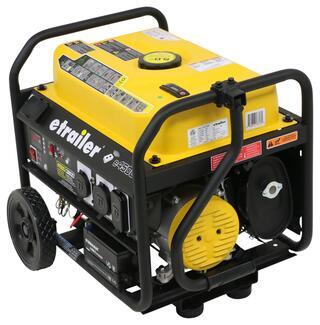
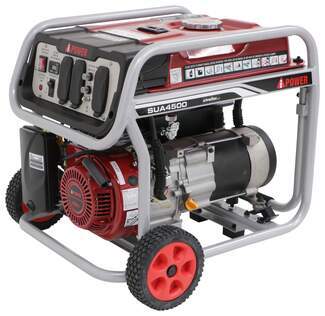
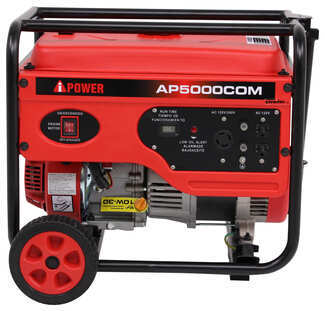
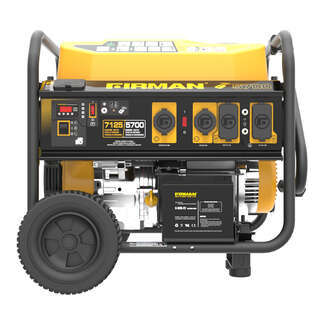
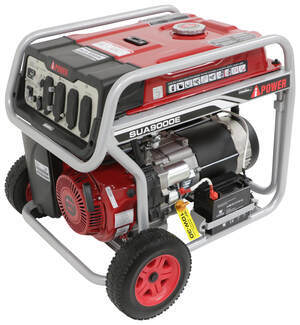
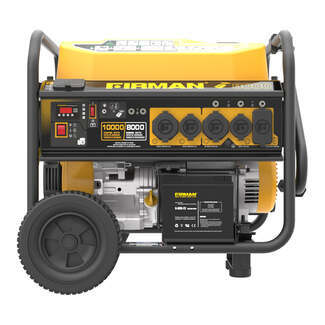
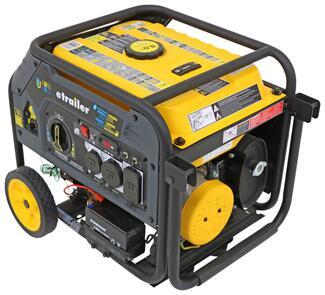
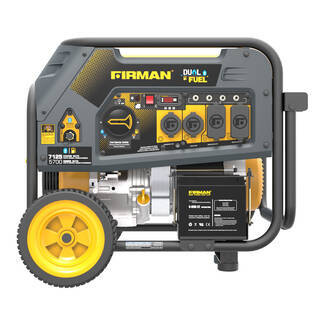


Departments
Towing
- Trailer Hitch
- Fifth Wheel
- Gooseneck
- Towing a Vehicle
- Front Hitch
- RV Hitch
- ATV Hitch
- HD Truck Hitch
- Vehicle Wiring
- Brake Controller
- Ball Mounts
- Weight Distribution
Sports and Recreation
Trailer Parts
- Utility Trailer
- Boat Trailer
- Landscape Trailer
- Enclosed Trailer
- 5th/Camper Trailer
- Car Hauler
- Horse Trailer
Vehicle
Contact & Help

What our customers are saying:
"Very helpful/friendly Customer Service. Competitive Pricing. Shipping was Fast."
John
Mankato, MN
Popular Vehicles
- Subaru Forester
- Ford F-350 Super Duty
- Ford F-250 Super Duty
- Chevrolet Silverado 1500
- Jeep Wrangler Unlimited
- Jeep Wrangler
- Ram 3500
- Toyota Highlander
- Ram 2500
- Chevrolet Silverado 2500
- Subaru Outback Wagon
- Chevrolet Silverado
- Dodge Ram Pickup
- GMC Sierra 2500
- Ram 1500
- Ford F-250 and F-350 Super Duty
- Jeep Grand Cherokee
- Toyota Tacoma
- GMC Sierra 3500
- Toyota Tundra
- Ford Escape
- More >>






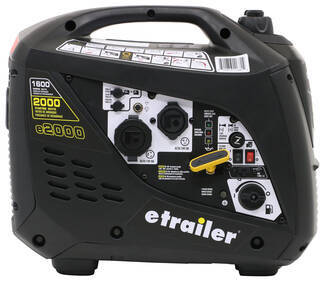
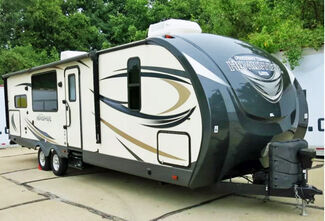
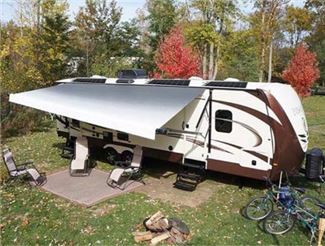
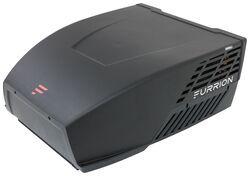
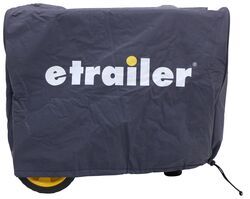















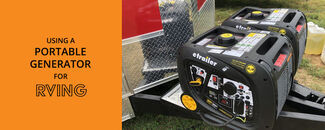





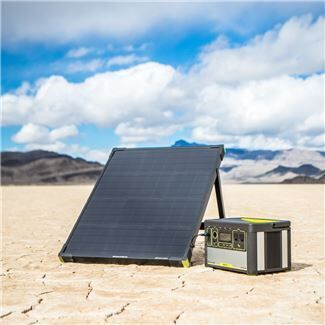




Will
10/4/2020
Is there any way to run a parallel system using solar for 50 amp, around 6k watts total? I'm looking for a portable solar inverter generator(s) plus panels that I can parallel a 50 amp connection for our RV... The RV has two A/C units (a 15k BTU, and a 13.5k BTU). Thanks!